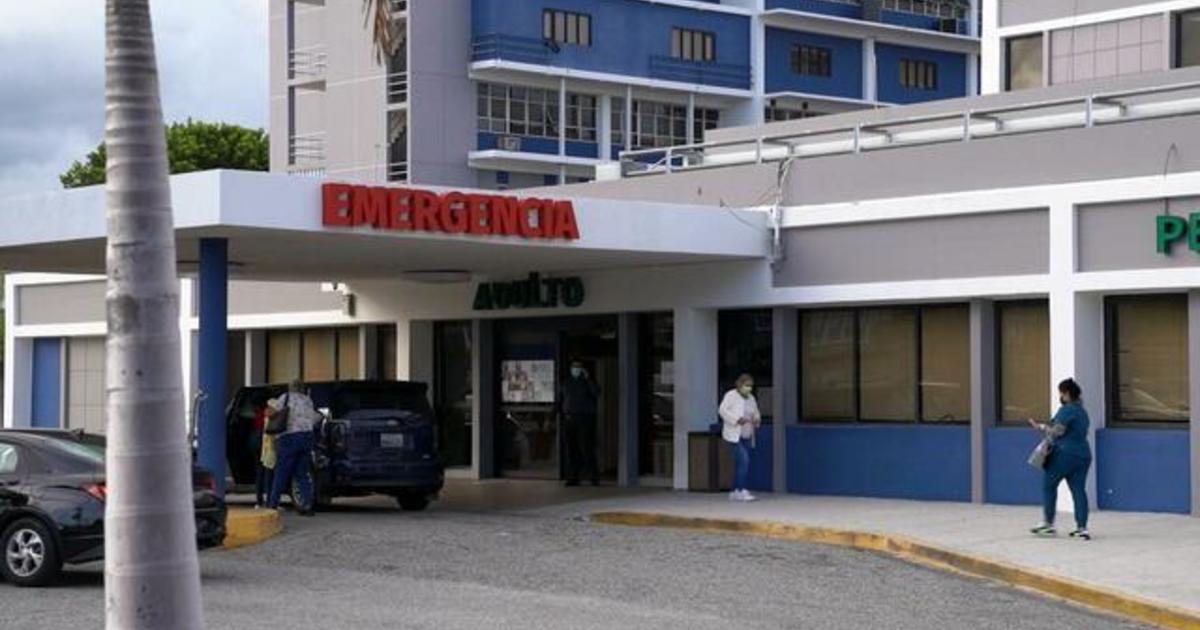“The collapse is caused mainly by debt and the economic crisis in Puerto Rico and historic privatization of the health care system there. Our research shows patients are waiting for six to eight months to get an appointment with a specialist. If that’s not a sign of collapse, I don’t know what is,” said Varas-Diaz.



is this is that place thats a state, but not a state because conservatives are racist assholes?
I’m not great at Puerto Rican politics, but I think they voted not to join as a state themselves. I doubt the racists would let them in if they did anyway.
i thought i read something about them blocking any additional states as it would inevitably be a liberal leaning state…and we cant have that.
You prompted me to look into it, looks like it was news yesterday: https://www.ctpublic.org/news/2023-11-27/to-be-or-not-to-be-a-us-state-will-it-really-be-a-question-for-puerto-rico
Unfortunately the US gov’t has always seemed to enjoy taking federal tax dollars (except income tax, which Puerto Ricans do not pay) from Puerto Rico without having to spend money to provide services.
Six years ago it was hit hard by huricane Maria and last year, while still recovering from that, it was hit by Fiona.
source
Bruh they better not join the states. Puerto rico is a pretty chill place.
Man that’s a loaded question. Easiest answer is yes, however sprinkle additional infighting of political parties within.